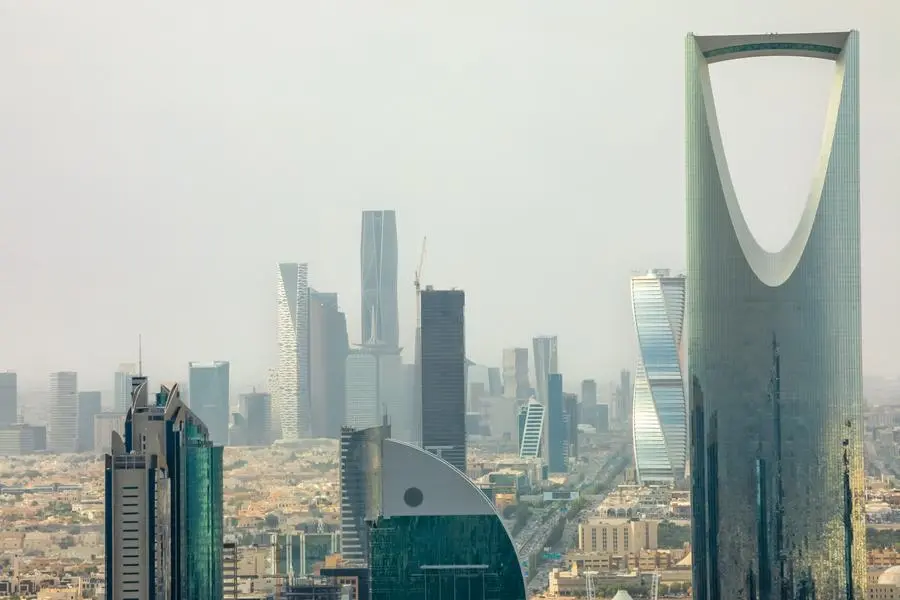PHOTO
A weaker upturn in new order volumes and a slow growth rate for the third successive month saw Saudi Arabia’s Purchasing Manager’s Index (PMI) drop to its lowest recorded level since January 2022.
The Riyad Bank PMI in June fell to 55.0 from May’s 56.4 but was still above 50.0 neutral mark, consistent with a robust improvement in business conditions.
Strong improvement in business activity was recorded across the non-oil private sector in June as companies ramped up their output levels to support sales and projects.
“The uplift in activity came despite further evidence of softening demand prospects, as growth of new order intakes dropped to its weakest level in nearly two-and-a-half years,” the report said.
Input purchases for non-oil businesses experienced the slowest rise in nearly three years, as they looked to temper recent surges in stockpiles, while job creation growth also softened from May with tighter constraints on operational costs due to wage pressures.
While some non-oil companies reported stronger demand, others signalled a softening of market conditions. An increase in export sales - the fastest recorded in 2024 - also helped new order books.
Although input purchases continued to rise, the rate of expansion was the weakest recorded since September 2021. The slowdown resulted in a decelerated, but still sharp increase in inventory volumes.
“The PMI for the non-oil economy recorded at 55.0 in June, marking the slowest pace of expansion since January 2022. The new orders component of the PMI fell compared to the previous month, suggesting a slight moderation in demand growth within non-oil sectors,” said Naif Al-Ghaith PhD, Chief Economist at Riyad Bank.
A marginal rise in prices was also reported in June, with the need to pass on higher cost offset by discounting efforts. Survey data further revealed, a suppressed rate of charge inflation occurred despite overall input prices rising at their fastest pace in four months.
“Looking at the second quarter as a whole, the growth figures for Q2 still indicate a positive outlook for non-oil GDP in Saudi Arabia, with expectations of growth exceeding 3%. The overall performance of non-oil sectors throughout the quarter continues to drive economic growth and diversification efforts in the country. The high output levels, stable supply chains, and moderate job creation point towards a resilient and expanding non-oil economy,” Al-Ghaith added.
(Reporting by Bindu Rai, editing by Seban Scaria)





















